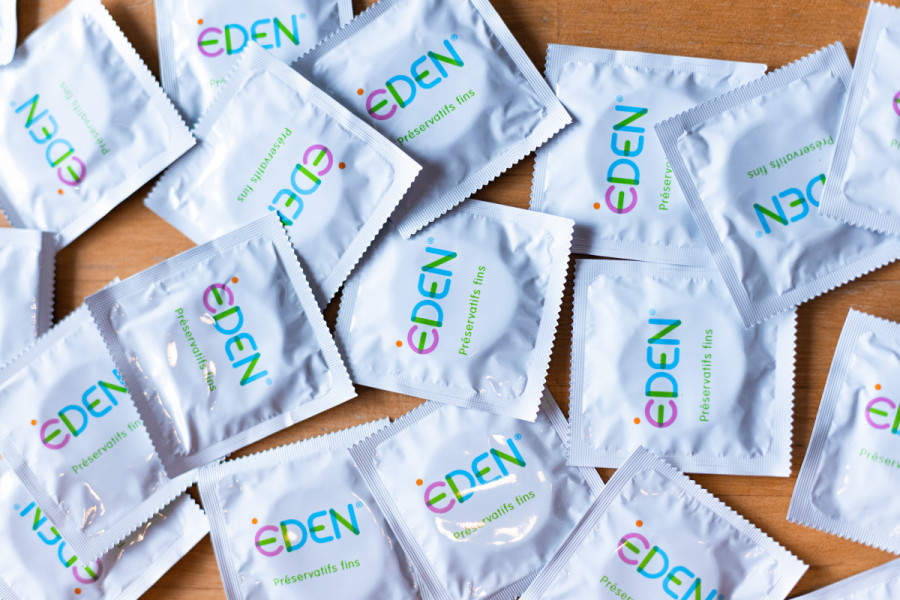Free Condoms and Where To Find Them
Is Canada Doing Enough To Provide Free Contraception?
Since its invention in 1858, the rubber condom has revolutionized contraception. From latex-free to flavoured, in different shapes and sizes, condoms have become an essential part of people’s sex lives.
In 2020, Statistics Canada reported that Quebec had the lowest condom use nationwide, at only 48 per cent of sexually active 15 to 24-year-olds using them regularly. In addition, the data found that the likelihood of condom use decreased as teenagers entered their early twenties. But Canada is not alone in facing this issue.
On Dec. 8, 2022, the French government announced that free condoms would be available at pharmacies at the beginning of 2023 for people below the age of 25. The decision was made as an initiative to decrease rates of sexually transmitted diseases and unwanted pregnancies.
According to Alexander McKay, the executive director of Sex Information and Education Council of Canada, France is miles ahead of Canada when it comes to providing free and accessible contraception.
“There is little doubt from the research that SIECCAN has done that many young people are entering the university system with a very low level of awareness around sexually transmitted infections,” said McKay. “Educational programs related to sexual health, specifically targeting university students, need to be an ongoing priority.”
McKay said that rates of reportable sexually transmitted infections in Canada have been increasing over the years. To combat that, access to education and services promoting sexual health and well-being of people is essential.
But in order to follow France’s footsteps, McKay stressed the importance of setting priorities. “The process requires a consensus amongst public health institutions and governments that providing those services at free or low cost,” he explained.
It all comes down to the consumer’s decision. For the average buyer, a pack of condoms costs around $12. Depending on how sexually active they are, that cost quickly adds up. Advocates like McKay say that access to free condoms should be widened to lessen the financial burden of the buyer and promote safe sex.
Manikya Singh, a master's student at Concordia, firmly agrees with McKay. “When I was a little bit younger,” he recalled, “I used to have friends who would really hesitate to go up to a pharmacy and spend money on contraception. When it's a free resource, it's quite convenient.”
Singh believes that condoms should be free. “When the government proposes any type of free service, it’s great as it gives open access to people,” he pointed out.
Nonetheless, Singh is a bit skeptical. “Even if we have free condoms, if a guy refuses to wear them, it won’t make too much of a difference,” he said. “Providing free condoms is not going to do anything, I believe until people actually change their mindset and get more aware about the risk they are taking.”
Across the country, multiple organizations provide free condoms. In Montreal, Head and Hands, a social service centre for young people, gives out free condoms at their offices at 3465 Benny Ave. and at 3770 Decarie Blvd.
Concordia also distributes condoms, lube, screens, pipes, dental dams, sterile water, gloves and information booklets at multiple locations across campus.
Health Services provide free condoms at both SGW(GM 200) and Loyola(AD-131) campuses. Supplies are also available at the Concordia Student Union’s offices at both H-711 and CC-426.
Students can also find condoms and other supplies at the Center for Gender Advocacy, located at PR-Annex at 2110 Mackay St., and Le Frigo Vert at 1444 Mackay St.
This article originally appeared in Volume 43, Issue 9, published January 10, 2023.







_600_375_90_s_c1.jpg)